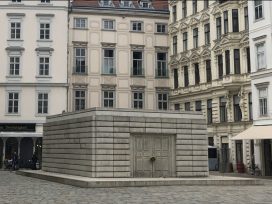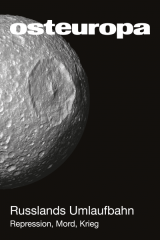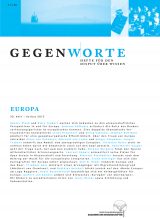Eurozine Editorial
Unsigned articles (News Items, Editorials, Introductions etc) are written by the Eurozine editors. See the about us section for more information.
Articles

The difference between knowing from distance that war is being waged and living that reality couldn’t be more extreme. But can awareness of multiple repercussions turn protective disassociation from violence into active solidarity? ‘The Most Documented War’ symposium in Lviv, Ukraine, provides valuable pointers regarding engagement and responsibility.

For a comprehensive and informed overview of the political situation across the EU just before the European Parliament election, check out new articles in Eurozine’s ‘Mood of the Union 2024’ series. Covering both the EU itself as well as its eastern European, eastern Mediterranean and global neighbourhoods, the articles provide some key takeaways.

In a bid to implement its Rwanda legislation, the UK government is rushing to inhumanely detain refugees, instilling panic, impacting its politically sensitive border with Ireland. The EU, meanwhile, is planning off-shore processing facilities. And surveillance technology is proving just as invasive as past obsessions with the ‘born criminal’.

Refugees coming to Europe face a de-humanizing process wrought with violence, both physical and structural. Protectionist rhetoric is being used to justify aggressive border regimes. And, in Gaza, already displaced civilians are being targeted while unable to leave Rafah –Israel’s escalation of bombardment, a breach of international human rights law.

Your favourites
Our top articles in 2023
Returning champions and the future of Europe: our recap of this year and its most popular articles in Eurozine.













